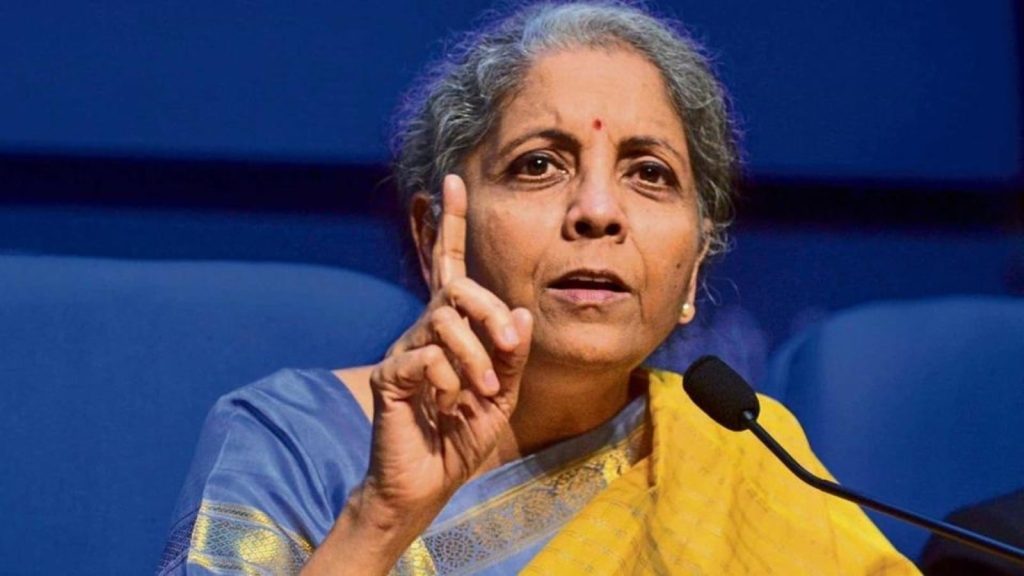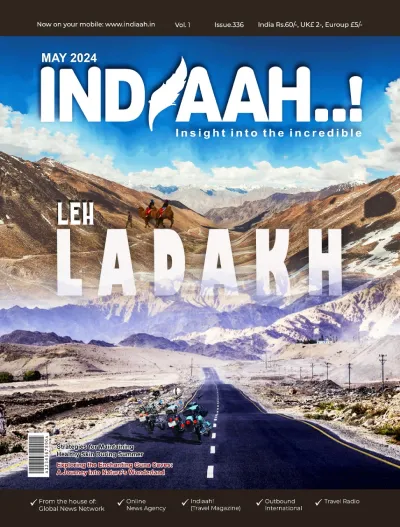
The Goods and Services Tax (GST) Council’s latest reforms have brought cheer to budget and mid-segment travellers with a significant reduction in hotel room tariffs, even as sections of the hospitality and aviation industry voiced concerns over input tax credit removal and higher levies on premium travel.
Under the revised GST structure announced late Wednesday, hotel rooms priced between INR.1,000 and INR.7,500 per night will now attract 5% GST without input tax credit (ITC), down from the earlier 12% with ITC. Stakeholders say the move will make mid-scale and upper mid-scale hotels more affordable, thereby boosting domestic tourism and business travel demand. The reform is part of a broader rationalisation that effectively creates a simplified two-slab GST system of 5% and 18%, with a demerit rate of 40% reserved for luxury and sin goods. The new rates will come into effect from September 22.
Industry leaders welcomed the rate cut as a much-needed push for India’s tourism and hospitality sector, which contributes nearly 8% of the country’s total employment. Nikhil Sharma, Managing Director & COO, South Asia at Radisson Hotel Group, said the move will “unlock new opportunities for stronger domestic travel, weekend leisure breaks, and business mobility,” while reinforcing India’s image as a high-potential tourism hub. Rajesh Magow, Co-founder & Group CEO of MakeMyTrip, called the GST rationalisation “a welcome move” that will boost discretionary income and fuel consumption across sectors, adding that it will make hotel stays more affordable for a large section of Indian travellers.
Adding to the industry’s positive reactions, Sandeep Arora, Director, Brightsun Travel, India, said, “We welcome the government’s decision to reduce the GST rates from 12% to 5% on budget hotels and economy flights, a relief to both travel industry and the consumer. This move will make travel more affordable and accessible to a large number of Indian travellers, boosting domestic travel and encouraging more people to explore different destinations. We are excited to help customers take advantage of these savings and plan memorable trips without breaking the bank.”
However, the Hotel Association of India (HAI) expressed disappointment that the ITC benefit was scrapped and the INR.7,500-per-day tariff threshold, set seven years ago, was not revised upward to match inflation. The industry body warned that the removal of ITC could prove detrimental for hotel operators, acting as a disincentive for investment and expansion. HAI reiterated that retaining the 5% GST rate with ITC would have been more beneficial for long-term sectoral growth.
Air travel also saw a mixed outcome. While the GST rate for economy class airfares remains unchanged at 5%, ensuring affordability for mass travellers, the Council raised the tax on premium class fares from 12% to 18%. The International Air Transport Association (IATA), which counts four Indian airlines among its members, criticised the move. Sheldon Hee, IATA’s Regional Vice President for Asia Pacific, said the hike was “disappointing” and lacked clear justification. He cautioned that taxing premium passengers who are often crucial to the profitability of certain routes could dampen demand and undermine airline viability.
Despite the pushback from global airline bodies, some industry analysts believe retaining low GST on economy fares underscores the government’s commitment to accessibility, while the premium segment increase aligns with a simplified tax structure.
A whitepaper by the Confederation of Indian Industry (CII) and EY estimates that tourism and hospitality will need an additional 61 lakh workers by 2036–37, as sectoral spending is expected to rise 1.2 times. With domestic travel surging and India projected to become the world’s fifth-largest outbound market by 2027, industry experts say the GST rationalisation—though not perfect marks a significant step toward easing consumer burden and stimulating demand in a sector central to India’s economic and employment growth.

